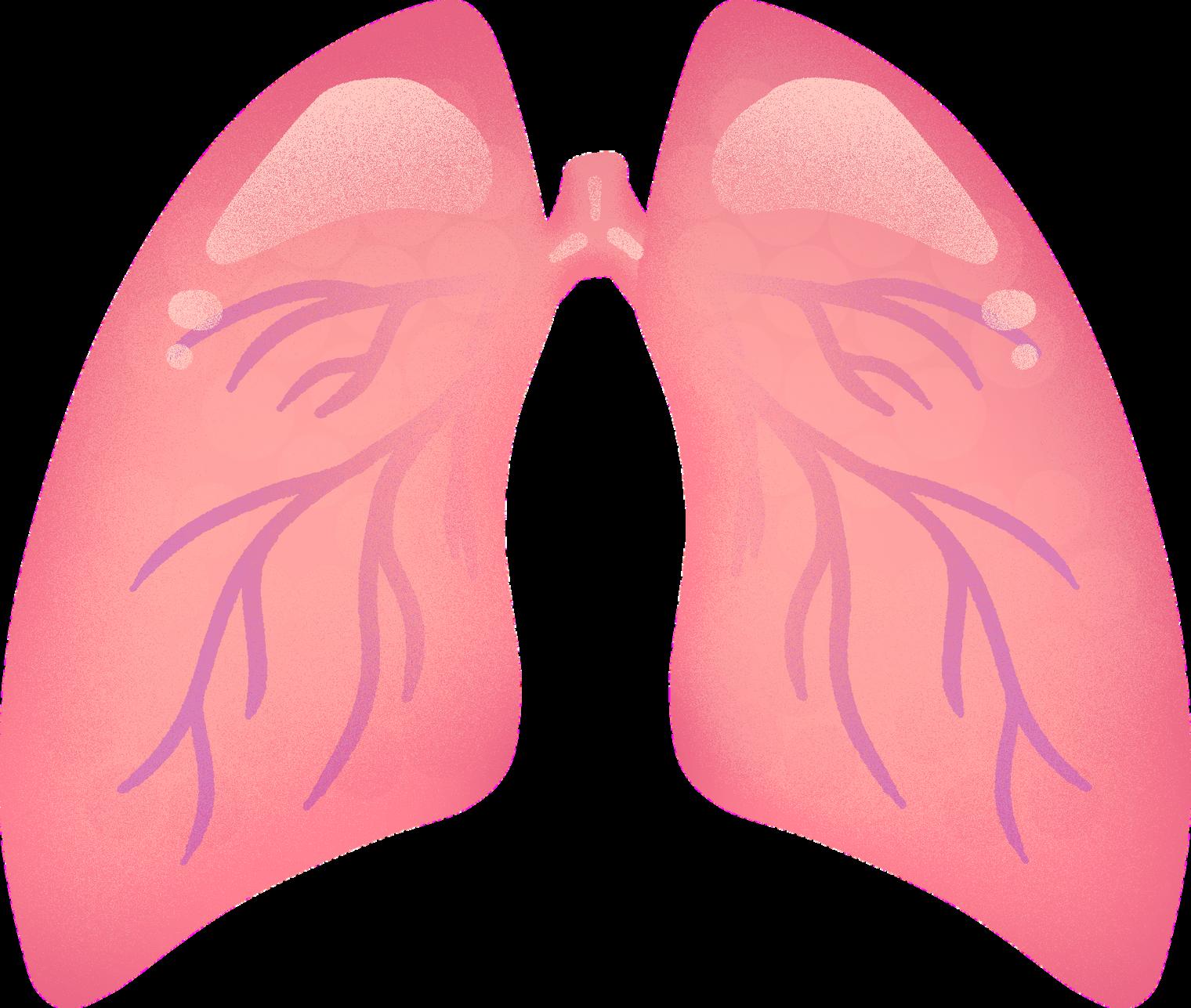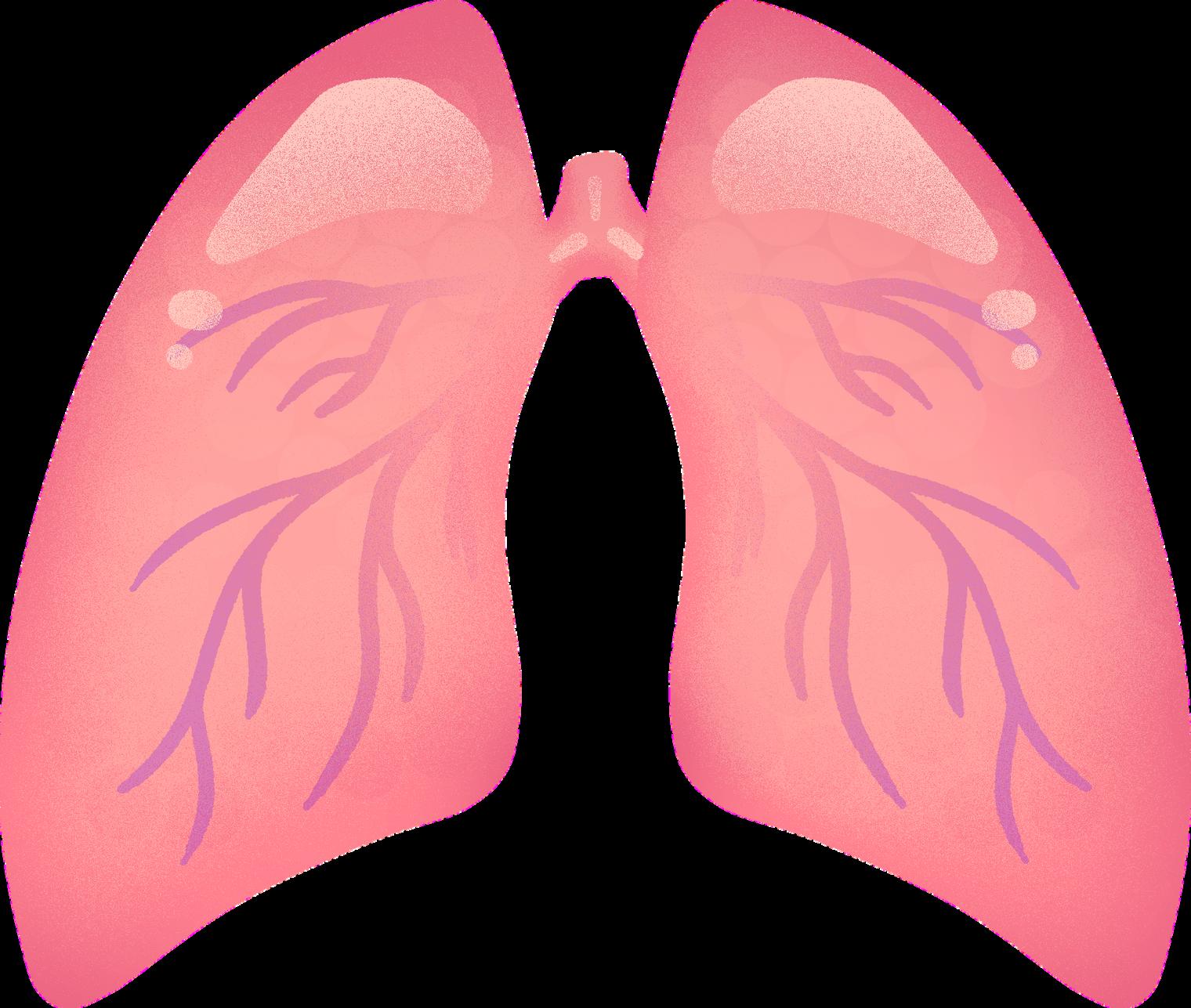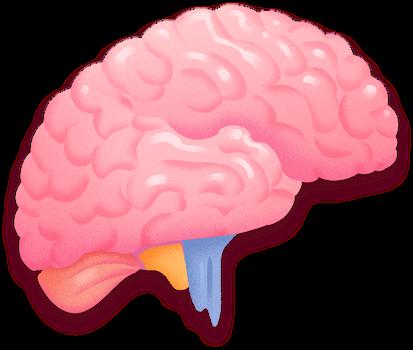
1 minute read
RAISING AWARENESS ABOUT THE RISKS OF OBESITY
from The Link Between Heart Disease and Obesity: Understanding the Deadly Connection — Dr. Ranjit Jagtap

Take Care Of The Human Body
Advertisement

Furthermore, raising awareness about the risks of obesity and promoting early detection of heart disease are vital. Regular health check-ups, including measurements of blood pressure, cholesterol levels, and blood sugar, can help identify potential problems and allow for timely interventions. Health education programs should focus on promoting healthy lifestyles, emphasizing the importance of physical activity, healthy eating habits, and weight management.
Conclusions
Final Conclusion
LPublic health policies also play a crucial role in addressing the heart disease and obesity epidemic. Implementing regulations to promote healthy food options in schools, workplaces, and public spaces can help create an environment conducive to making healthier choices. Additionally, policies that support community initiatives for physical activity, such as the development of parks, walking trails, and bike lanes, can encourage active lifestyles.
Conclusion
In conclusion, heart disease and obesity are deeply intertwined, creating a dangerous cycle that poses significant risks to individuals’ health and well-being. The excess body weight associated with obesity contributes to various physiological changes that increase the risk of heart disease, including dyslipidemia, insulin resistance, inflammation, and abnormal clotting. Recognizing the shared risk factors and implementing comprehensive prevention strategies are key to breaking this deadly connection as stated by Dr. Ranjit Jagtap clinic.



